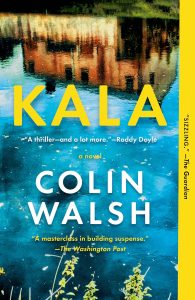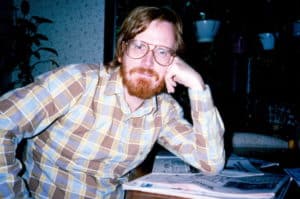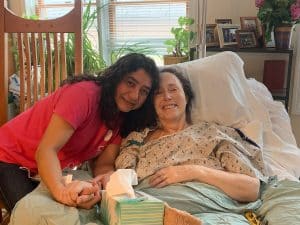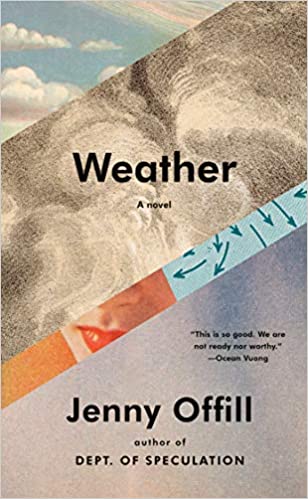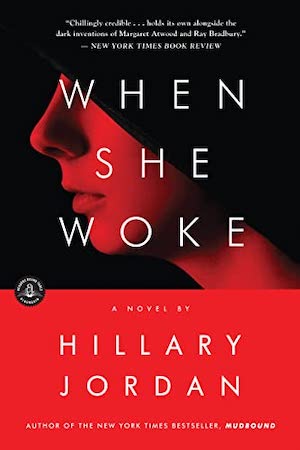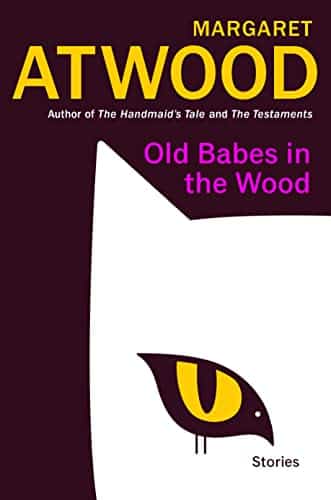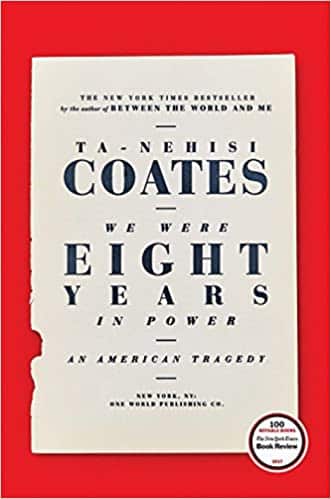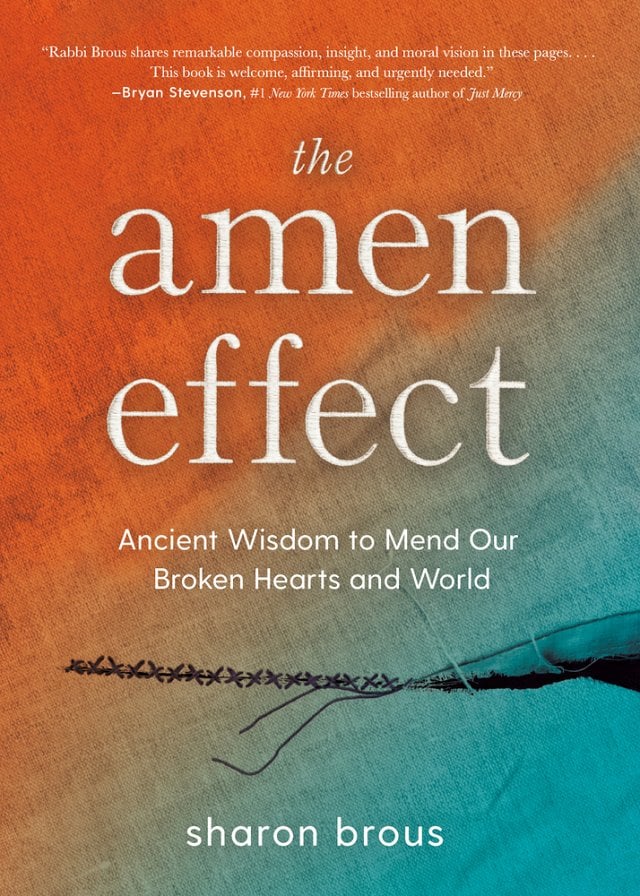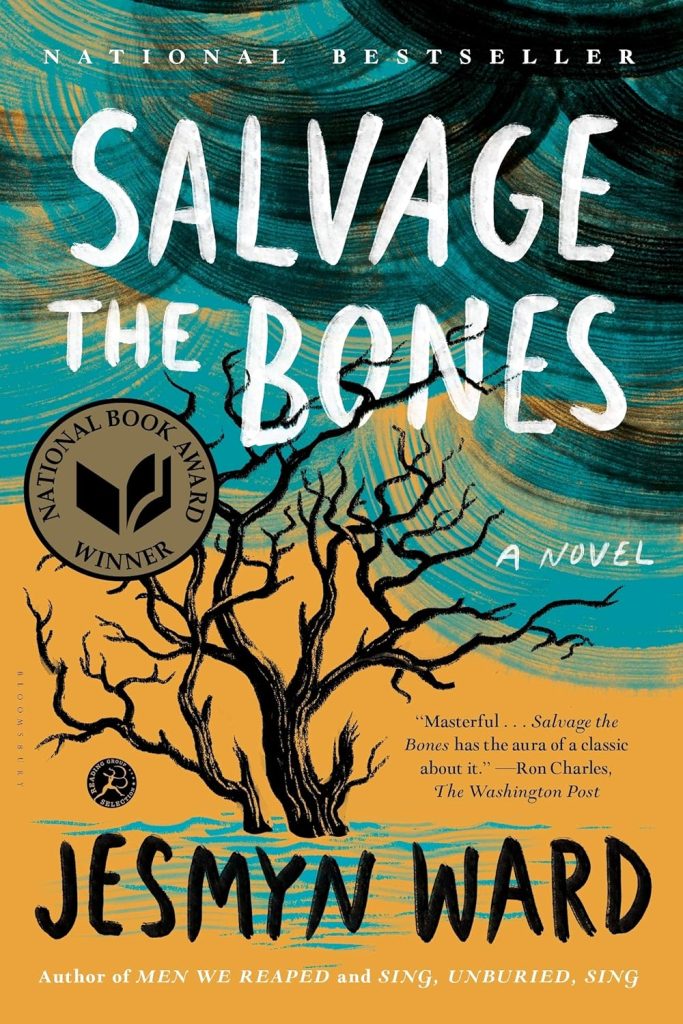Is Grief Narcissistic?
Estimated reading time: 8 minutes, 52 seconds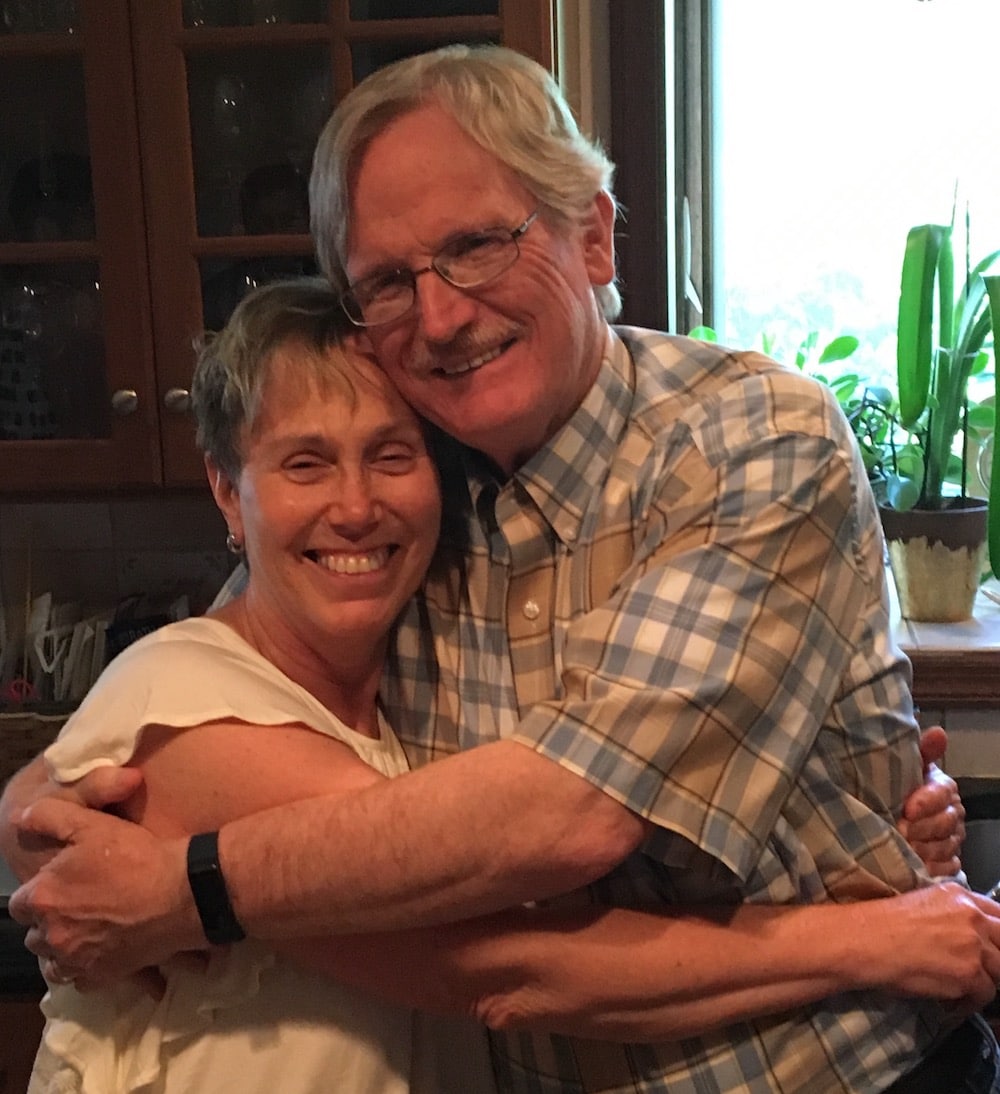
Discovering Altruism as the Antidote to Love and Grief
“Can you please hold on for a moment? I need to make a quick phone call,” she asked. With my hand over the mouthpiece, I asked for a minute to handle the call. Since moving into Clara Martini’s Mansion, a one-bedroom place without heat or hot water, I had encouraged my colleagues to rent the larger apartment next door. Allowing their apartment to use the same phone number as mine was how I treated others as cousins. Until late November, I had not felt the need to make any calls, and the number of times people called for me could be counted on one hand. However, after meeting Jan, I constantly wanted to talk to her. What was supposed to be a minute-long interruption turned into over an hour. I realized that instead of being a considerate neighbor, I had selfishly focused only on my needs.
I remember the evening when I stopped being altruistic and became a borderline narcissist after reading “Kala: A Novel” by Colin Walsh. Former friends, estranged for twenty years, reckon with the terrifying events of the summer that changed their lives. Three old friends are reunited in the seaside town of Kinlough, on Ireland’s west coast, for the first time in years. In the book, one of the protagonists, Helen, reflects on her grief about losing Kala, her best friend and falling in love. Helen says,
“Grief is like falling in love; it is always narcissistic. Some catastrophe cuts through your life, and immediately, you reshape the world to make this disaster the secret heartbeat of all things, the buried truth of the universe.
Falling in Love
After meeting Jan, my life changed drastically, like a whirlwind sweeping through a quiet town. Just a few days earlier, I had been going about my routine, unaware of the impending storm of emotions. When Jan and I finally embraced, our lips met in a deep, fervent kiss that left me breathless. It was a kiss that surpassed all our previous sweet moments, igniting a fire within me that left me feeling weightless, as if I were soaring through the air. It was a kiss so electrifying that I half believed it could have knocked my boots off if I had not been wearing them. In that instant, our love for each other was forever sealed.
Coming back to East Williamsburg on Monday morning after meeting Jan, I was on cloud nine. My smile was as wide as the Grand Canyon. As I walked into my basement office at St. John’s Lutheran Church on Maujer Street, I hoped others might be just as happy for me.
We were a little worried when you didn’t return yesterday,” Mark laughed.
I had always wanted to be a bandleader, even without musical talent; I laughed and began leading them through the highlights of the last thirty-two hours. “After you guys left, we talked and cleaned up all night…” I told them about the bagel run, the Rose, walking over most of the City, and taking the Staten Island Ferry. I hoped they could see how happy I was in love.
They all congratulated me, and some gave me high fives.
By the end of the week, Vanessa, a neighbor and friend, spoke to me while I waited to board the subway to visit Jan. “We are all thrilled you have found love, but it is normal and not something people boast about.” I looked at her and felt dejected but did not know how to respond. She filled the empty void. People fall in love or get laid daily, but it is not…” The arriving train kept me from hearing the end of her comment. Riding the L train, I knew I had wanted to say that it wasn’t about getting laid but falling in love that made me happy. But I was not sure I wanted to admit we had only kissed. Switching to the A train, I felt relaxed and knew I needed to tone down my exuberance, but not how much I loved Jan.
I had long dreamt of finding genuine, enduring love, which finally became a reality. This experience taught me that love is a fleeting emotion and an everlasting force that outlives everything. As we parted ways for work, a tender kiss confirmed that our love is eternal. This transformative power of love, which transcends time and never fades, has inspired me to remain a romantic, helping me overcome the loss of my wife. It’s a comforting reminder that love, in its most valid form, never truly dies.
The First Widow
In the early days of grief,” I explained to Bruce, a retired Lutheran minister, “I felt as if my entire world had collapsed. I don’t believe I felt that way, but some widows act as if they were the first person in the world to lose a spouse.” Bruce chuckled as we walked. Imagine the first person to become a widow, to watch the first person die?” We both agreed it would have been shocking to find our partner had died when we had no idea that our lives would end.
As we turned a corner, I shared with Bruce, a retired Lutheran minister, that I was not the first or last person to become a widow. I had heard that approximately 2800 people become new widows daily in the US. ‘Wow, I did not know there were that many,’ Bruce responded. If we are to have love, it is a risk we must accept.’ I nodded and responded that none of us would live forever, and to choose not to love because I feared I might one day grieve was not logical. This shared experience of grief, this understanding that we are not alone in our loss, can bring us together and help us heal. It’s a reminder that we are all part of a larger community, and our shared experiences can be a source of strength and comfort.
When Jan died, I explained to Bruce that my life had collapsed as I did not know how I could live without her. Although I had not read Kala aa, it had not been published. I understood why Helen would describe how a catastrophe cut through my life, and immediately, I reshaped the world to make this disaster the secret heartbeat of all things.
I had been hurt, and I believed my life would never be the same again. I wanted everyone to focus on me as if I were the first person in the world to lose a loved one. When my boys were young, I played Oregon Trail with them. As much as I enjoyed being a pioneer in the game, I was not and did not want to be a pioneer in grief. But not knowing how to grieve or make myself whole again, for the first few months, I viewed my experience as a life-consuming tragedy. They were not the best days of my life, and I knew if I continued to talk only about my pain from losing Jan, my family, friends, and neighbors would see me as a grumpy old widow. I knew I had to change and focus not on my loss but on my better, selfless nature. We chatted until we returned home and had a glass of water.
Reflecting on that conversation with Bruce in May 2023, I understand that creating a memorial garden for Jan was a turning point in my life. Despite the considerable emotional and financial investment, I saw it as a crucial step in redirecting my attention from my concerns to the needs of others. The project kept me dedicated to a selfless endeavor. I chose to work to overcome my grief even though I had no experience or confidence it would succeed. It did more than succeed in creating the garden; it helped me to volunteer, immerse myself in books, spend time outdoors, and get involved in my community. I embraced the task of facing each day as it came, adapting to life without Jan. This process of overcoming grief, step by step, gave meaning and purpose to my shattered life, inspiring me to find resilience and a new sense of self.
After almost 48 years, I recently lost my wife, Jan Lilien. Like The Little Prince, Jan and I believed that “The most beautiful things in the world cannot be seen or touched, they are felt with the heart.” This blog is a collection of my random thoughts on love, grief, life, and all things considered.


